Politics
Communications collapse across Afghanistan, AFP reports


A huge communications blackout hit Afghanistan on Monday, weeks after Taliban authorities began severing fibre optic connections in multiple provinces to prevent “vice”.
“A nationwide telecoms blackout is now in effect,” said Netblocks, a watchdog organisation that monitors cybersecurity and internet governance.
“We’re now observing national connectivity at 14 percent of ordinary levels.”
The watchdog said the incident “appears consistent with the intentional disconnection of service”.
AFP lost contact with its bureau in the capital Kabul around 6:15pm (6:45 pm PKT), including mobile phone service.
Afhanistan’s Taliban authorities began a crackdown on internet access earlier this month, severing connections in multiple provinces.
The move, ordered by Taliban Supreme Leader Hibatullah Akhundzada, effectively shut down high-speed internet in several regions.
Fibre optic internet was completely banned in northern Balkh province on the leader’s orders, provincial spokesman Attaullah Zaid said on September 16.
“This measure was taken to prevent vice, and alternative options will be put in place across the country to meet connectivity needs,” he wrote on social media.
At the time, AFP correspondents reported the same restrictions in the northern provinces of Badakhshan and Takhar, as well as in Kandahar, Helmand, Nangarhar and Uruzgan in the south.
Over the past several weeks, internet connections have been extremely slow or intermitant.
In 2024, Kabul had touted the 9,350-kilometre fibre optic network — largely built by former US-backed governments — as a “priority” to bring the country closer to the rest of the world and lift it out of poverty.
Since regaining power in 2021, the Taliban have instituted numerous restrictions in accordance with their interpretation of Islamic law.
Politics
Afghanistan vows border cooperation after Tajikistan says attacks killed five Chinese
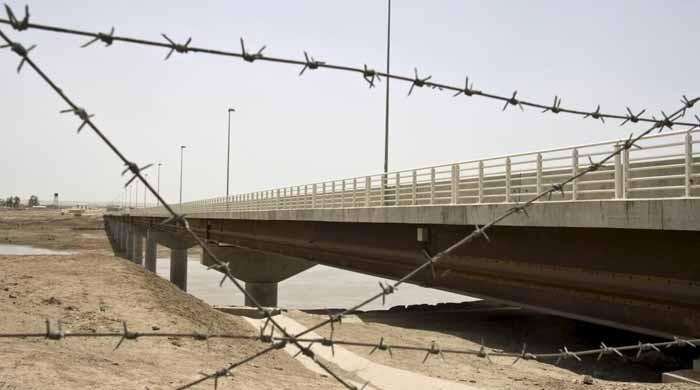
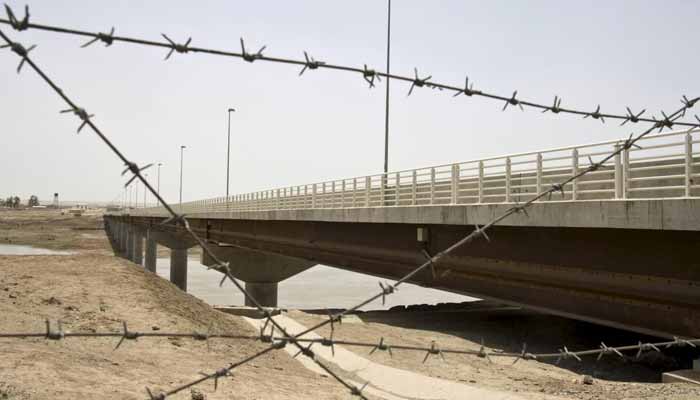
Afghanistan’s Taliban administration has said that it assured neighbouring Tajikistan it is ready to tighten border security and conduct joint investigations, after attacks, which Dushanbe said were launched from Afghan territory killed five Chinese nationals over the past week.
In a call with his Tajik counterpart on Tuesday, Afghan Foreign Minister Amir Khan Muttaqi expressed regret and said Kabul is prepared to boost coordination between border forces, adding that “joint measures against malicious elements are a pressing necessity”.
“The Islamic Emirate is fully prepared to strengthen border security, conduct joint investigations, and engage in any form of coordination,” Muttaqi said, according to a statement from the Afghan foreign ministry.
He added that “an atmosphere of trust” had recently developed between the two countries and should not be undermined.
Tajik authorities said on Monday the two attacks, including one involving drones dropping grenades, had also injured five Chinese workers. China’s embassy confirmed the casualties and urged Chinese citizens to leave the frontier area.
Tajik President Emomali Rahmon ordered tighter border controls following the incidents, which occurred along the remote mountainous frontier.
China is a major investor in Tajikistan, a Russia-aligned Central Asian state of around 11 million people.
Politics
Russia’s Putin seeks to boost energy, defence exports with India visit
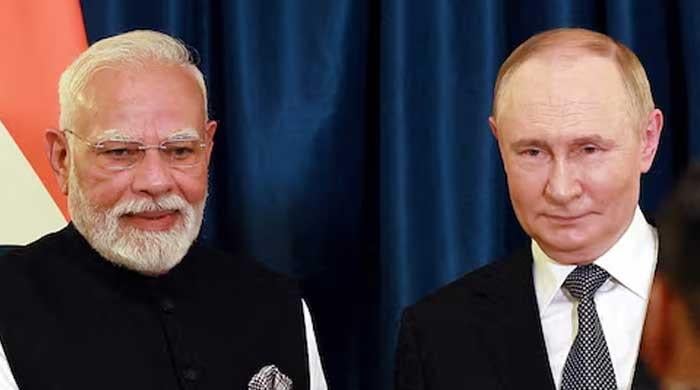
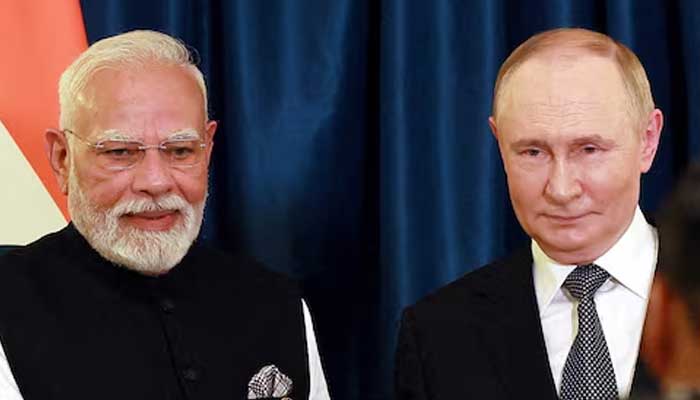
- President Putin visiting India after four years.
- India-Russia to expand partnership in nuclear energy.
- Moscow likely to seek help to get spares for its oil assets.
NEW DELHI: Russian President Vladimir Putin starts a two-day visit to India from Thursday, pitching for more sales of Russian oil, missile systems and fighter jets in a bid to restore energy and defence ties hit by US pressure on the South Asian nation.
Russia has supplied arms to India for decades, with New Delhi emerging as its top buyer of seaborne oil despite Western sanctions after Moscow launched its invasion of Ukraine in February 2022.
But India’s crude imports are set to hit a three-year low this month, after the tightening of sanctions on Russia that coincide with its growing purchases of US oil and gas.
On his first visit in four years to the Indian capital for a summit with Prime Minister Narendra Modi, Putin will be accompanied by his defence minister, Andrei Belousov, and a wide-ranging delegation from business and industry.
“Putin’s visit offers an opportunity for Delhi to reassert the strength of its special relationship with Moscow, despite recent developments, and make headway in new arms deals,” said Michael Kugelman of the Atlantic Council think tank.
“India-Russia summits are never solely optics-driven affairs, given the substance of the relationship,” added Kugelman, a senior South Asia fellow at the Washington-based body.
New initiatives were likely to be announced, he added, even if they mostly related to low-hanging fruit in ties, he said.
Possible US reaction
But Indian officials worry that any fresh energy and defence deals with Russia could trigger a reaction from US President Donald Trump, who doubled tariffs to 50% in August on Indian goods, as punishment for New Delhi’s purchases of Russian crude.
Ahead of Putin’s visit, officials of both sides held talks in areas from defence to shipping and agriculture. In August, they agreed to launch talks for a free trade deal between India and the Russian-led Eurasian Economic Union.
They are also in talks to expand their partnership in civilian nuclear energy, Indian analysts have said.
Putin’s delegation includes the chief executives of dominant Russian lender Sberbank and state arms exporter Rosoboronexport, as well as the heads of sanctioned oil firms Rosneft and GazpromNeft an industry source with direct knowledge of the matter said.
In the talks, Moscow is likely to seek India’s help to get spares and technical equipment for its oil assets, as sanctions have choked access to key suppliers, said the industry source and a separate Indian government source.
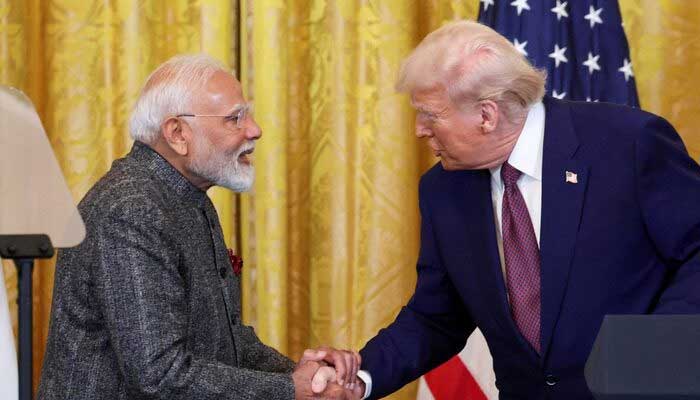
The spoke on condition of anonymity as the matter is a sensitive one.
India is likely to pitch for the restoration of a stake of 20% for state gas explorer ONGC Videsh Ltd in the Sakhalin-1 project in Russia’s far east, the government source added.
India a US trade deal by year end, as most of its refiners have stopped buying Russian oil, though widening discounts are now drawing in some state refiners.
Indian Oil Corp has placed orders from non-sanctioned Russian entities for December and January loading while Bharat Petroleum Corp is in advanced stages of placing an order, sources at the two companies said.
The sources sought anonymity as they were not authorised to speak to media.
Reliance in defence sector
Unlike crude, India does not plan to freeze defence ties with Moscow anytime soon as it requires continued support for the many Russian systems it operates, Defence Secretary Rajesh Kumar Singh said last week.
Russian Sukhoi-30 jets make up the majority of India’s 29 fighter squadrons and Moscow has also offered its most advanced fighter, the Su-57, which is likely to figure in this week’s talks, said two Indian officials familiar with the matter.
India has not yet made a decision on buying the jet, said the officials, who spoke on condition of anonymity.
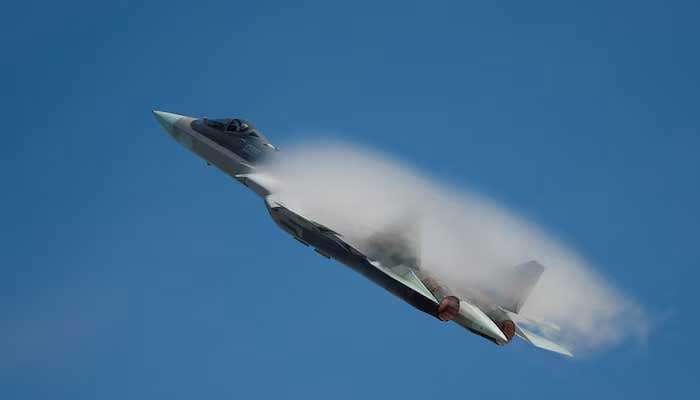
But India is likely to discuss buying more units of the S-400 air defence system, Singh said last week. It now has three units, with delivery of two more pending under a 2018 deal.
Recent US-Russia talks to ending the Ukraine war, could help make it easier for Indian officials to engage with Moscow, said Harsh Pant, head of foreign policy studies at India’s Observer Research Foundation think tank.
But ties continue to appear strained, he said.
“A large part of the trading relationship was based on energy, which is now losing traction under the threat of sanctions from the United States,” he added.
“And at the end of the day, only defence remains, which continues to bind the two together.”
Politics
Race to get aid to Asia flood survivors as toll nears 1,200
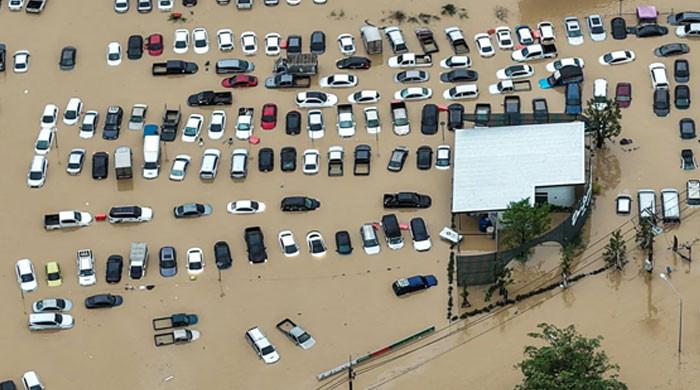
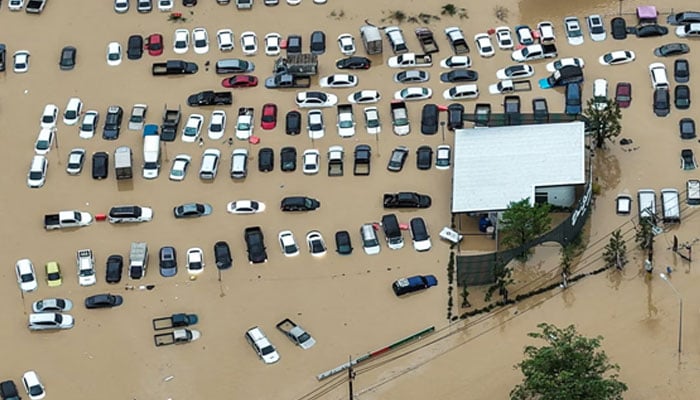
- Sri Lanka declares emergency and seeks global aid.
- Over 631 dead, 472 missing across Sumatra, Indonesia.
- Survivors describe sudden, tsunami-like flood waves.
Governments and aid groups in Indonesia and Sri Lanka worked to rush aid Tuesday to hundreds of thousands stranded by deadly flooding that has killed around 1,200 people in four countries.
Torrential monsoon season deluges paired with two separate tropical cyclones last week dumped heavy rain across all of Sri Lanka and parts of Indonesia’s Sumatra, southern Thailand, and northern Malaysia.
Climate change is producing more intense rain events because a warmer atmosphere holds more moisture, and warmer oceans can turbocharge storms.
The floodwaters have now largely receded, but the devastation means hundreds of thousands of people are now living in shelters and struggling to secure clean water and food.
In Indonesia’s Aceh, one of the worst-affected regions, residents told AFP that survivors who could afford to were stockpiling supplies.
“Road access is mostly cut off in flood-affected areas,” 29-year-old Erna Mardhiah said as she joined a long queue at a petrol station in Banda Aceh.
“People are worried about running out of fuel,” she added from the line she had been in for two hours.
The pressure has caused skyrocketing prices.
“Most things are already sky-high… chillies alone are up to 300,000 rupiah per kilo ($18), so that’s probably why people are panic-buying,” she said.
On Monday, Indonesia’s government said it was sending 34,000 tons of rice and 6.8 million litres of cooking oil to the three worst-affected provinces, Aceh, North Sumatra and West Sumatra.
“There can be no delays,” Agriculture Minister Andi Amran Sulaiman said.
Food shortage risk
Aid groups said they were working to ship supplies to affected areas, warning that local markets were running out of essential supplies and prices had tripled already.
“Communities across Aceh are at severe risk of food shortages and hunger if supply lines are not reestablished in the next seven days,” charity group Islamic Relief said.
A shipment of 12 tonnes of food from the group aboard an Indonesian navy vessel was due to arrive in Aceh on Tuesday.
At least 631 people were killed in the floods across Sumatra, and 472 are still listed as missing. A million people have evacuated from their homes, according to the disaster agency.
Survivors have described terrifying waves of water that arrived without warning.
In East Aceh, Zamzami said the floodwaters had been “unstoppable, like a tsunami wave.”
“We can’t explain how big the water seemed. It was truly extraordinary,” said the 33-year-old, who, like many Indonesians, goes by one name.
People in his village sheltered atop a local two-storey fish market to escape the deluge and were now trying to clean the mud and debris left behind while battling power and telecommunications outages.
“It’s difficult for us (to get) clean water,” he told AFP on Monday.
“There are children who are starting to get fevers, and there’s no medicine.”
The weather system that inundated Indonesia also brought heavy rain to southern Thailand, where at least 176 people were killed.
Across the border in Malaysia, two more people were killed.
Colombo floodwaters recede
A separate storm brought heavy rains across all of Sri Lanka, triggering flash floods and deadly landslides that killed at least 390 people.
Another 352 remain missing, and some of the worst-hit areas in the country’s centre are still difficult to reach.
President Anura Kumara Dissanayake has declared a state of emergency to deal with what he called the “most challenging natural disaster in our history”.
Unlike his Indonesian counterpart, he has called for international aid.
Sri Lanka’s air force, backed by counterparts from India and Pakistan, has been evacuating stranded residents and delivering food and other supplies.
In the mountainous Welimada region, security forces on Monday recovered the bodies of 11 residents buried by mudslides, a local official said.
In the capital Colombo meanwhile, floodwaters were slowly subsiding on Tuesday.
The speed with which waters rose around the city surprised local residents used to seasonal flooding.
“Every year we experience minor floods, but this is something else,” delivery driver Dinusha Sanjaya told AFP.
“It is not just the amount of water, but how quickly everything went under.”
Rains have eased across the country, but landslide alerts remain in force across most of the hardest-hit central region, officials said.
-

 Sports1 week ago
Sports1 week agoWATCH: Ronaldo scores spectacular bicycle kick
-

 Entertainment1 week ago
Entertainment1 week agoWelcome to Derry’ episode 5 delivers shocking twist
-

 Politics1 week ago
Politics1 week agoWashington and Kyiv Stress Any Peace Deal Must Fully Respect Ukraine’s Sovereignty
-

 Business1 week ago
Business1 week agoKey economic data and trends that will shape Rachel Reeves’ Budget
-

 Politics1 week ago
Politics1 week ago53,000 Sikhs vote in Ottawa Khalistan Referendum amid Carney-Modi trade talks scrutiny
-

 Tech7 days ago
Tech7 days agoWake Up—the Best Black Friday Mattress Sales Are Here
-

 Tech2 days ago
Tech2 days agoGet Your Steps In From Your Home Office With This Walking Pad—On Sale This Week
-

 Entertainment1 day ago
Entertainment1 day agoSadie Sink talks about the future of Max in ‘Stranger Things’






